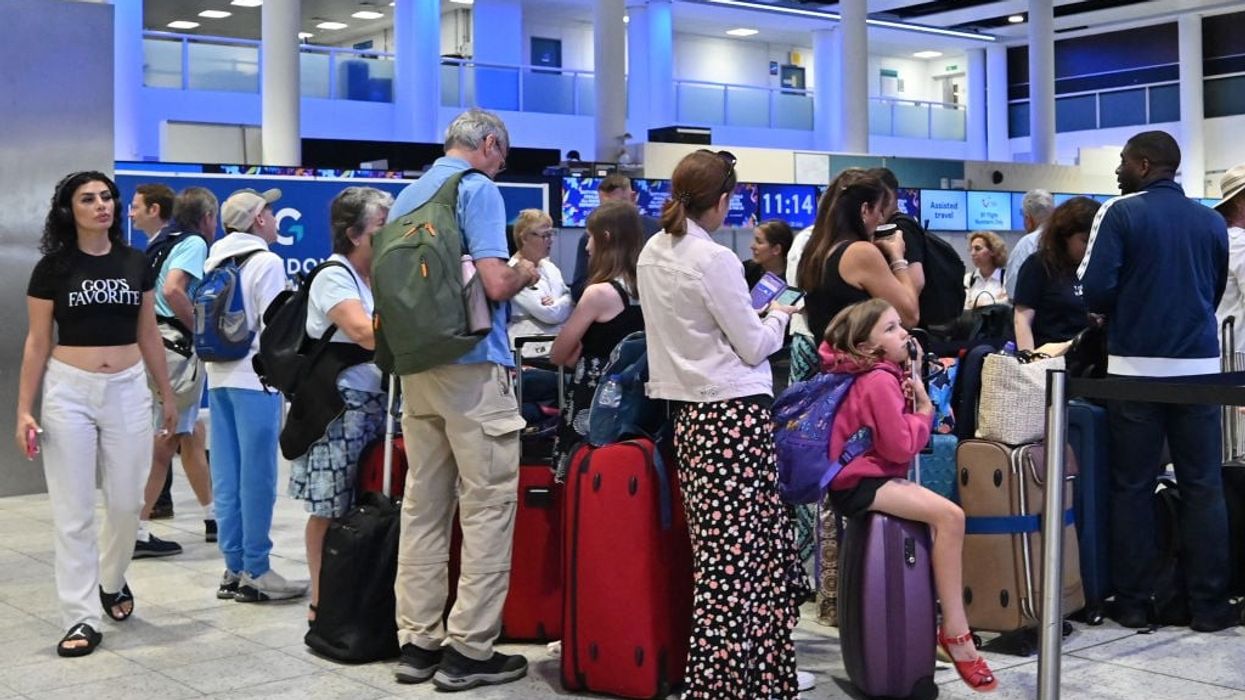STARTING next summer, UK citizens will need to pay a €7(£6) fee to visit the EU, following the introduction of new visa-waiver requirements. The European Travel Information and Authorisation System (Etias), similar to the US Esta, will be implemented by May 2025.
This new system requires visitors from non-EU countries, including the UK, US, Australia, and Canada, to obtain travel authorisation before entering the Schengen area, which includes 27 EU member states plus Iceland, Liechtenstein, Norway, and Switzerland. The Etias waiver will be valid for three years or until the traveller's passport expires.
Travellers under 18 or over 70 will be exempt from the fee, and the scheme will not apply to visits to Ireland or Cyprus.
What is Etias and how does It work?
Etias is a visa-waiver system designed to enhance security across the EU. It mirrors the US Esta system, requiring travellers from visa-exempt countries to obtain authorisation before entering the Schengen area.
Application process
Travellers aged 18 to 70 will need to apply online or via a mobile app for the Etias authorisation. The application process is straightforward, taking approximately 10 minutes to complete. Applicants will need to provide personal information, including passport details, address, employment history, criminal records, and contact details for their destination country.
Most applications will be approved within minutes, but in some cases, processing could take up to 72 hours. Once granted, the Etias authorisation will be valid for three years or until the passport expires, allowing multiple entries into the Schengen area for stays of up to 90 days within any 180-day period.
Exemptions and special cases
Children under 18 and adults over 70 are exempt from the €7 fee, although they still need to apply for Etias. If a traveller's passport expires before the three-year validity period of the Etias, they must apply for a new authorisation with their new passport.
Introduction of the EES system
The Etias system is part of a broader EU initiative to tighten border controls. On 10 November, the EU will also launch its entry/exit system (EES), which was delayed several times from its initial 2022 launch date.
It will require all non-EU travellers to register their fingerprints, facial scans, and passport details when entering the Schengen area. This digital system is designed to replace passport stamping and will help authorities track the length of time visitors spend in the EU.
The EES aims to make it harder for individuals to enter the EU using fake passports and will assist in identifying those who overstay their permitted duration. The introduction of the EES is expected to lead to longer processing times at borders, with estimates suggesting an additional two minutes per passenger compared to the current 45 seconds.
Timeline and impact on travellers
The EU has announced a six-month transitional period once Etias is introduced. During this time, travellers who do not yet have an Etias may still be allowed entry if they meet other entry conditions. However, the EU strongly advises applying for Etias before travel to avoid complications.
The introduction of Etias and EES reflects the EU's response to concerns over security, migration, and terrorism.
According to reports, these systems are part of a broader strategy to strengthen border controls and ensure that those entering the EU do so legally and securely.





